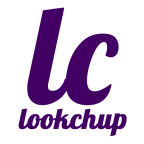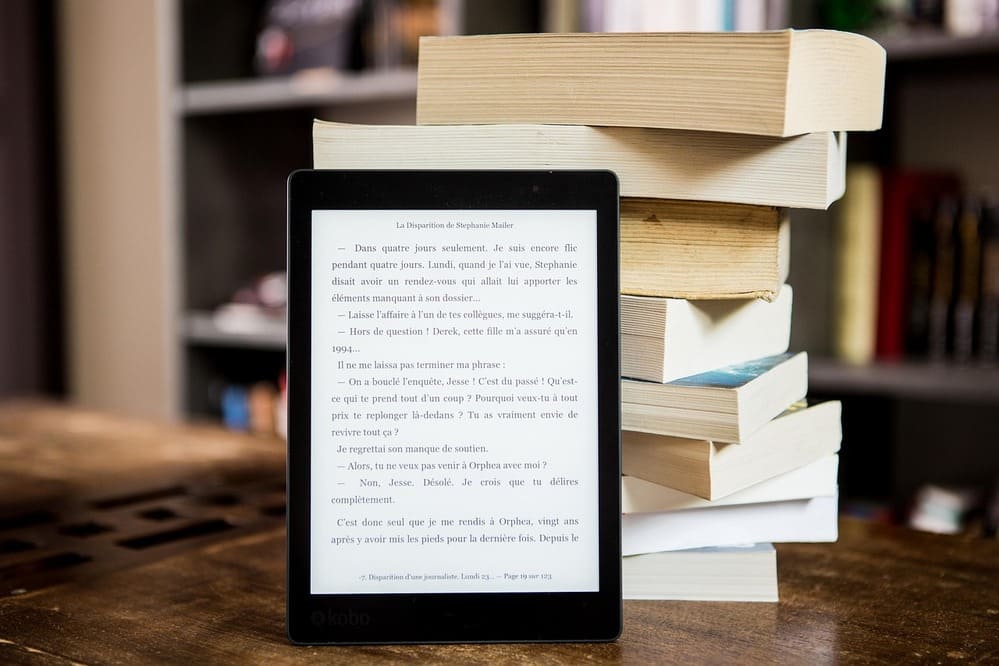Publishing a book is no longer out of reach for first-time writers. Authors now have more options than ever, and the biggest decision many face is whether to self-publish or submit their work to a traditional publisher. Both paths offer benefits, but they differ greatly in control, speed, financial return, and audience reach. Platforms like Lookchup make it easier than ever to create free ebook online, helping independent writers share their work without needing approval from gatekeepers.
What Traditional Publishing Offers
Traditional publishing involves submitting a manuscript to a literary agent or directly to a publishing house. If accepted, the publisher handles editing, cover design, printing, and distribution. Many writers find validation through this route because it involves selection by industry professionals.
The established structure of traditional publishing still appeals to many authors. Publishers often have long-standing connections with bookstores, libraries, and media. These relationships can provide broader visibility that a new writer might struggle to achieve alone. The editing and design support can also improve a book’s presentation and polish.
However, this path often moves slowly. Writers may wait months to hear back, and most submissions receive rejections. Even after acceptance, the time from contract to bookstore shelf can stretch over a year. For writers eager to share their work quickly, this delay can feel discouraging.
Control is another factor to weigh. In many cases, publishers decide the cover design, set pricing, and adjust the manuscript as they see fit. The writer might not agree with every change, but contract terms usually give final say to the publisher. Royalties are typically lower too. Authors often earn a small percentage from each sale, and the advance must be repaid through those earnings before additional royalties arrive.
Why Some Writers Choose Self-Publishing
Self-publishing gives authors full authority over their content. They write, edit, format, and distribute their books using tools available online. Websites like Lookchup let users create free ebook online and publish with ease, no approval needed. This route offers speed, freedom, and potentially better earnings per sale.
Authors who self-publish set their own deadlines and can release their books when ready. They also decide on titles, cover designs, pricing, and promotional strategies. This independence lets them maintain creative control. It’s particularly useful for niche subjects or experimental formats that traditional publishers might ignore.
The financial benefits can be stronger as well. Self-published authors often keep a larger share of revenue from each sale. While they might not earn an advance, they can sell directly to readers and receive payments more quickly. This also gives them access to sales data, which helps in making decisions for future releases.
There are challenges, though. Without a publisher’s support, authors must handle editing, design, and marketing themselves. These steps take time and sometimes require hiring professionals. But thanks to platforms like Lookchup, even beginners can format and create free ebook online, skipping many of the upfront costs that once made self-publishing difficult.
Marketing: What Each Path Demands
Traditional publishers offer built-in networks for promoting books, but not every title receives the same attention. New authors, unless backed by major marketing budgets, often manage much of the promotional work themselves. Book tours, interviews, social media engagement, and personal branding are common tasks even for traditionally published writers.
Self-publishing demands a similar effort. Independent authors must build their own audience, often through newsletters, content platforms, and social channels. They might also offer free versions of their work to increase visibility or attract reviews. A site like Lookchup, where writers can create free ebook online, helps make these promotional efforts more accessible. Authors can upload their work and use the free ebook as a tool to grow their readership without heavy investment.
While traditional publishing can open doors to media coverage and physical retail placement, self-publishing offers quicker ways to test marketing ideas and connect with readers. Both paths require outreach, just in different ways.
Financial Tradeoffs and Control
Money plays a big role in this decision. Traditional publishers usually offer an advance, though it varies based on the book’s potential. Authors must earn that advance back through sales before receiving additional royalties. The royalties themselves are often small compared to the book’s retail price.
Self-publishing puts the financial risk on the author, but the returns are often higher. Many platforms pay 60% to 70% of the retail price on ebook sales. This means fewer sales are needed to earn the same income as a traditionally published book. Lookchup makes this model even more attractive by letting authors create free ebook online, reducing costs in the production phase.
The control difference also matters. Traditional publishing limits creative input after contract signing. Self-publishing allows authors to keep full rights and change their content anytime. Writers can update covers, revise content, adjust pricing, or publish sequels without asking permission.
Which Path Suits You Best?
No single publishing method fits everyone. Some writers prefer the structure and reputation that come with a publishing contract. They may feel more comfortable leaving production and distribution in experienced hands. Others want independence and the ability to take action on their own timeline.
If you’re willing to manage or outsource the technical parts, self-publishing can offer a rewarding experience with greater control. If you prefer a collaborative process with established professionals, traditional publishing might be more comfortable. Many authors try both at different stages of their careers. Some begin by self-publishing to prove a concept and later attract publishers. Others publish traditionally at first and then shift to independent publishing for better control and earnings.
Platforms like Lookchup make it easier for new writers to try self-publishing. Writers can create free ebook online, test ideas, and reach readers quickly. This option lowers the barrier to entry and allows more voices to share their stories without waiting for approval.
No matter the route, success depends on dedication to the craft, consistent outreach to readers, and a willingness to adapt. Both self-publishing and traditional publishing offer ways to share your words and build a readership. Choosing the right one depends on how you want to work and where you want your book to go.


